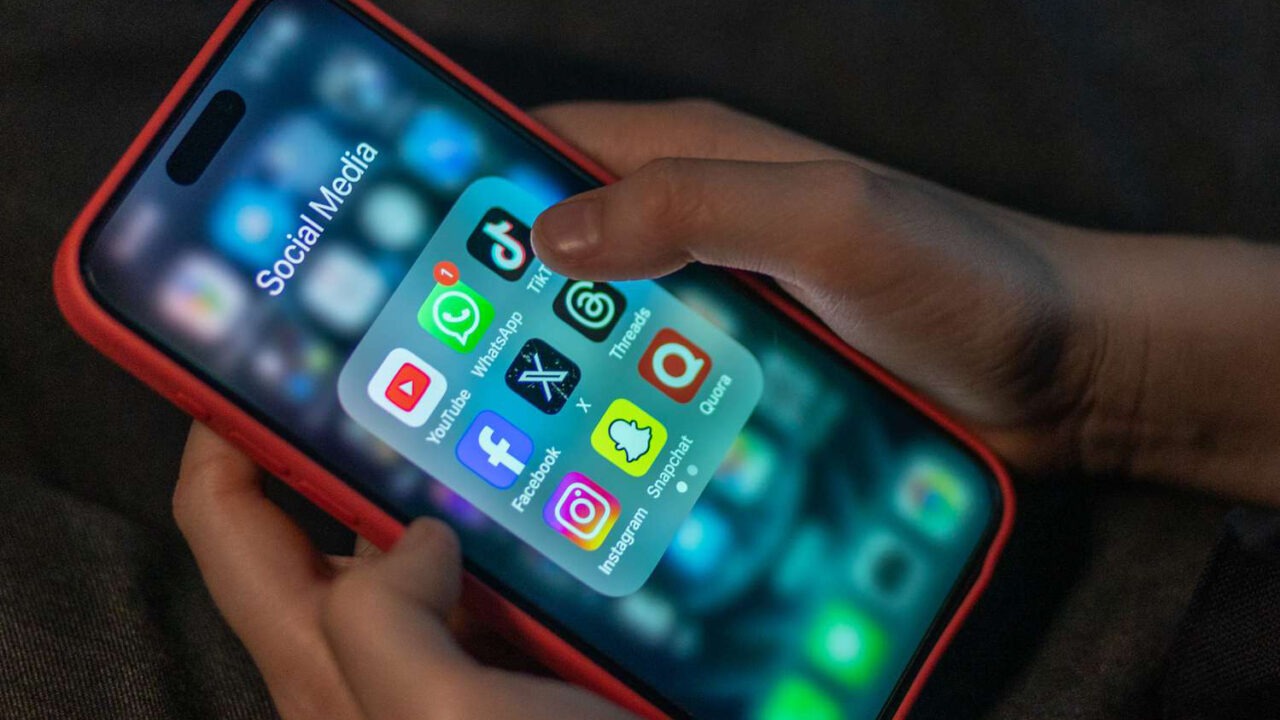In our hyper-connected world, social media platforms like TikTok, Snapchat, Facebook, Instagram, Twitter, etc. have become integral parts of our daily lives. However, while these platforms offer unprecedented opportunities for networking and information transmission, they also pose significant risks to mental health, sparking a growing concern among health professionals and researchers.
A recent study from the University of Pennsylvania, highlights the link between social media use and increased levels of anxiety, depression, and loneliness. The study found that limiting social media use to 30 minutes per day led to significant reductions in these symptoms, suggesting a causal relationship between the time spent on these platforms and mental health issues.
Join our WhatsApp ChannelDr. Sarah Johnson, a licensed clinical psychologist in Rhode Island, specialising in digital behaviour, explains that, “Social media can create a distorted reality. People tend to share only the highlights of their lives, leading to comparisons that can make others feel inadequate or left out. This constant exposure to ‘perfect’ lives can erode self-esteem and contribute to feelings of depression and anxiety.”
READ ALSO: The Dark Side Of Diet Culture: Social Media Influence On Weight Loss
Moreover, the instant gratification provided by likes, comments, and shares can create addictive patterns of behaviour. “The brain’s reward system gets activated by these social affirmations, making users crave more interaction and validation,” says Dr. Johnson. “Over time, this can lead to compulsive checking and scrolling, which interferes with daily functioning and sleep patterns.”
For teenagers and young adults, the impact can be even more profound. A report by the Royal Society for Public Health, found that Instagram and Snapchat are the most detrimental platforms to youth mental health, primarily due to their heavy emphasis on image sharing and appearance. The pressure to conform to certain beauty standards and lifestyle norms can exacerbate body image issues and lead to disorders like anorexia and bulimia.
However, social media isn’t inherently harmful. When used mindfully, it can foster positive connections and support networks.
Mitigating The Impact of Social Media on Mental Health
To mitigate the negative impacts, experts have suggested several strategies:
- Set Boundaries: Limit social media use to specific times of the day and avoid using it before bedtime to improve sleep quality.
- Curate Your Feed: Follow accounts that inspire and uplift rather than those that provoke negative comparisons or stress.
- Engage Mindfully: Be intentional about the time spent online, focusing on meaningful interactions rather than passive scrolling.
- Take Regular Breaks: Digital detox periods, even short ones, can help reset your relationship with technology and reduce dependency.
In an era where digital connectivity is unavoidable, understanding and addressing the mental health implications of social media use is essential. By adopting healthier digital habits and fostering awareness, individuals can protect their mental well-being while still enjoying the benefits of social media.
Parents and educators also play a crucial role in guiding young users. Encouraging open conversations about the realities of social media and promoting offline activities can help balance its influence
















Follow Us